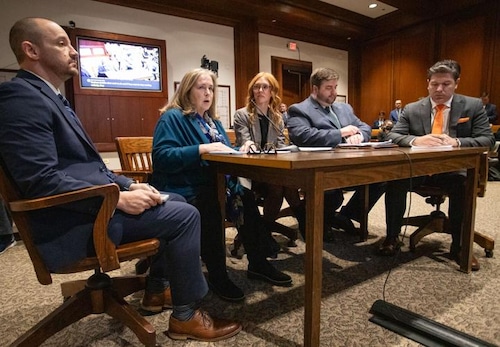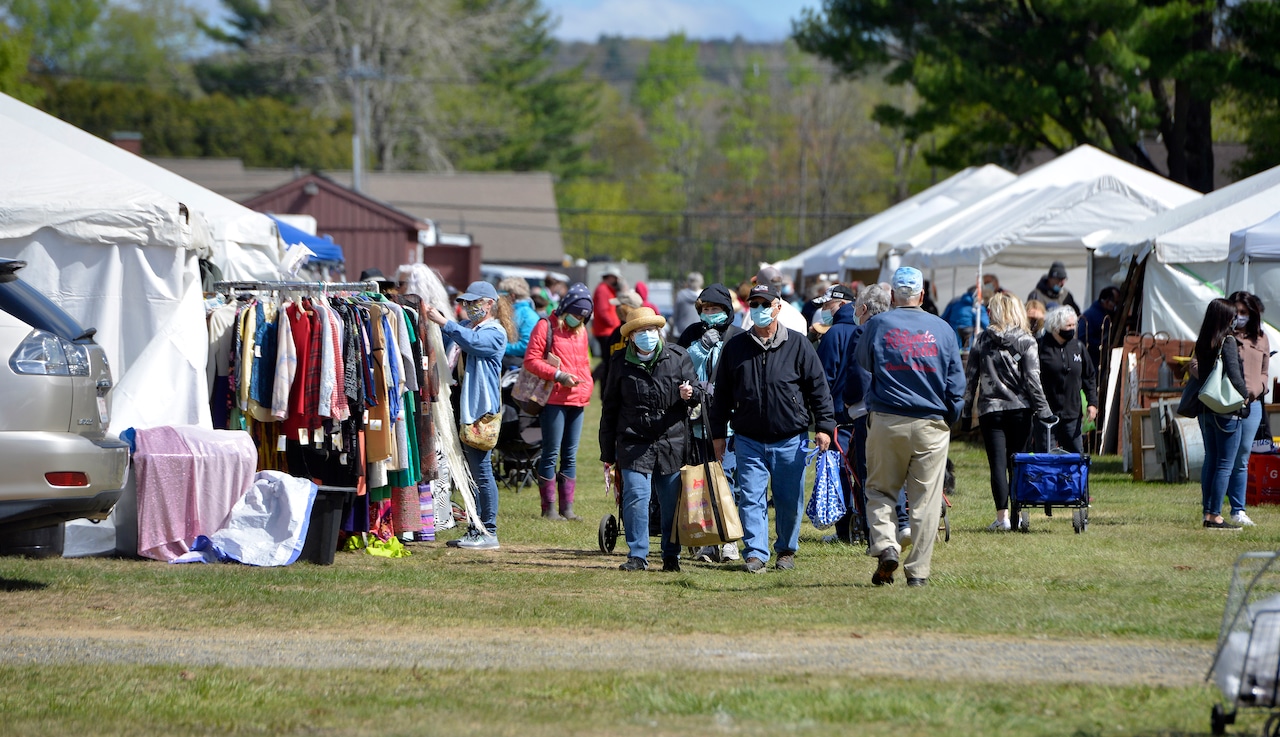One of the state’s most powerful labor unions is upping the ante in fight over a pair of proposed ballot questions that could reshape the relationship between app-based companies and their workers.
Members of Teamsters Local 125 are expected to meet in Boston on Sunday to throw their support to bills now before the state House and Senate that would protect collective bargaining rights for union members, and extend full employment benefits to gig workers.
The fight over the ballot questions has been heating up on Beacon Hill in recent weeks, with lawmakers grilling the app-based companies at a legislative hearing, while an expensive ad campaign is waged in the background.
One of the the ballot questions now before lawmakers, that has the backing of labor groups, would allow drivers to organize.
The other, backed by Uber, Lyft and other gig apps, would amend state law to make it clear that their employees are independent contractors, even as it provides them with some new benefits, WGBH News reported in March.
In a statement, a top Teamsters leader insisted that efforts to misclassify drivers and other gig workers as contractors, instead of employees, is little more than an effort to cheat them out of wages and benefits.
”Misclassification isn’t some kind of innovation,” Tom Mari, the Teamsters’ local president, said in a statement. “It’s a racket that cheats everyone except the companies that exploit it. It’s wage theft — and wage theft via app is still wage theft.”

A panel of industry executives face questions about the work of app-based drivers at a March 19 hearing at the Statehouse. From left are Lucas Munoz, Uber’s director of driver policy; Kate Rumbaugh, head of government affairs for DoorDash; Katie Franger, part of Uber’s policy team for the northeast; Brendan Joyce, Lyft’s public policy manager in Massachusetts; and Tom McNeil, senior manager of government affairs for Instacart. (SAM DORAN / STATE HOUSE NEWS SERVICE)State House News Service
If the push by the gig companies is successful, it would “legitimize many app-based companies’ unlawful business model, which relies on misclassifying workers as independent contractors in order to cheat them out of collective bargaining rights, minimum wage protections, overtime eligibility, unemployment insurance, and other benefits exclusive to W-2 employees,” the union said in its statement.
About 500 union members are expected to turn out for the 10 a.m. event at the Teamsters Union Hall in Charlestown, organizers said in a statement.
In all, the Teamsters’ local represents over 12,000 workers in various industries across Massachusetts and Southern New Hampshire.
State Sen. Lydia Edwards, D-3rd Suffolk, who’s sponsoring the Senate version of the bill, also is expected to attend the event, organizers said.
At that March hearing before the Legislature’s Initiative Petitions Committee, gig companies defended their current business model.
One representative for Lyft argued that the company’s “dynamic pricing model” which charges customers higher prices and pays drivers more during times of peak demand “would be totally upended” under a more traditional employee system, State House News Service reported at the time.
“We have no choice but to pursue ballot initiatives,” Lyft’s public policy manager, Brendan Joyce, said, according to State House News Service.
“There is a pending lawsuit from the attorney general’s office. There could be a ruling in that matter … some time in the summer or fall,” he continued. “It could be both after the Legislature is out of session but before any ballot question would go to voters. As I said, our preference is to work with you all, work with the Legislature, find a compromise, but unfortunately, we have no choice but to pursue these ballot initiatives.”
After spending about $200 million on a successful 2020 ballot question campaign in California, the four gig economy giants embarked on a similar effort in the Bay State.
The companies donated more than $40 million toward the campaign committee working on a ballot question in 2022.
But the effort came to a halt when the state’s Supreme Judicial Court ruled that it was ineligible to advance because it combined too many disparate topics, State House News Service reported.





